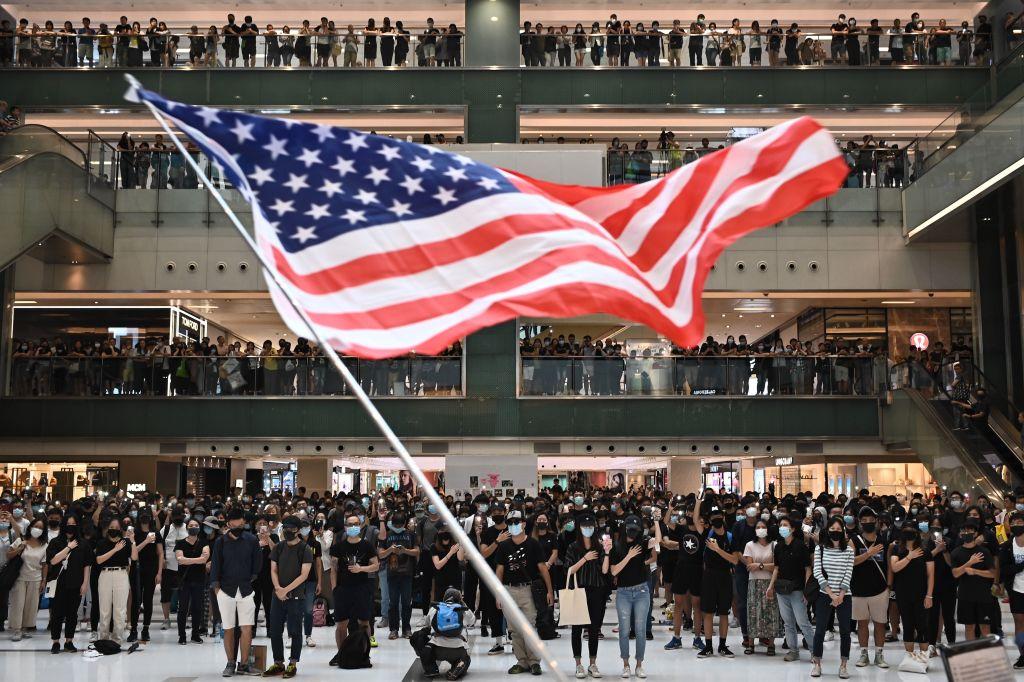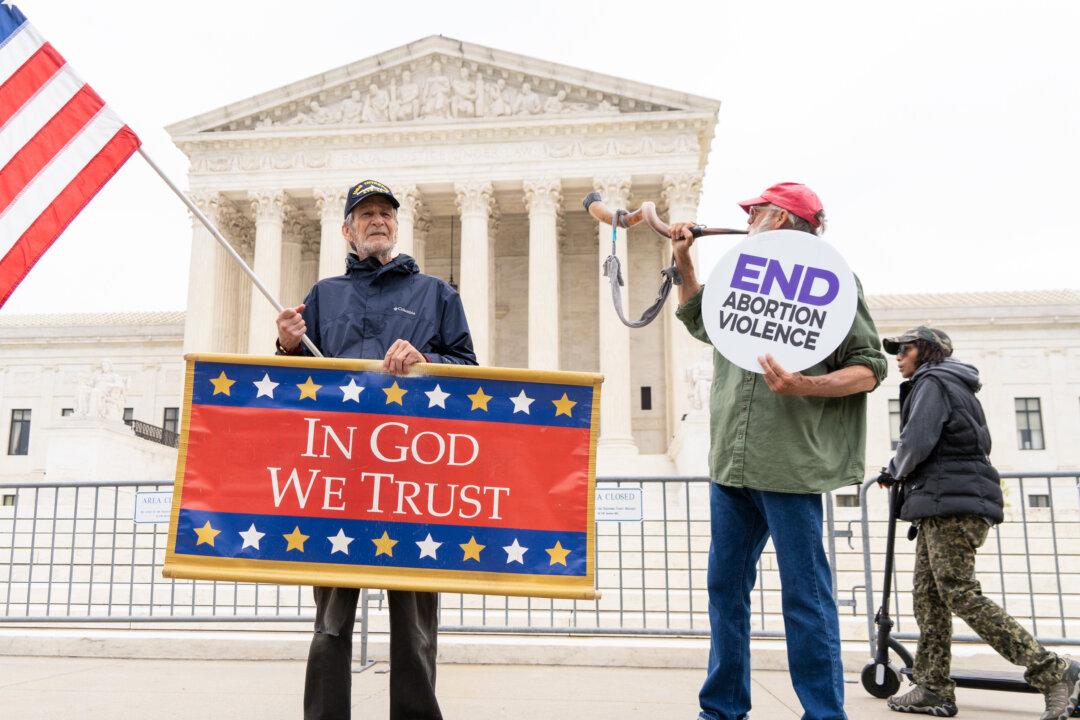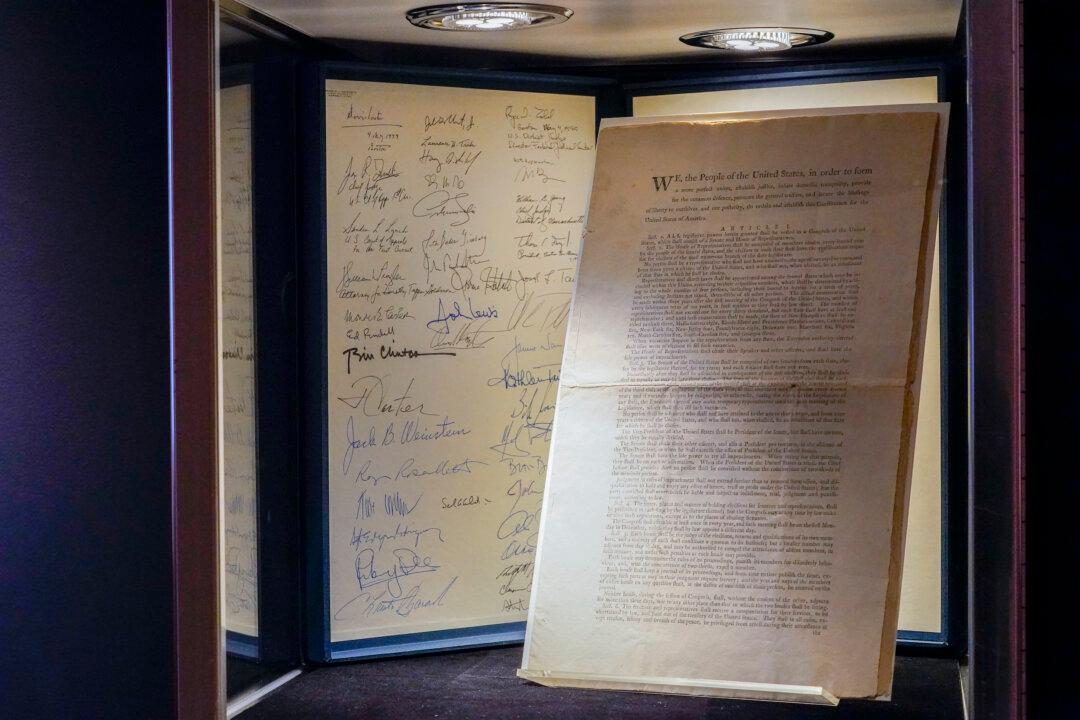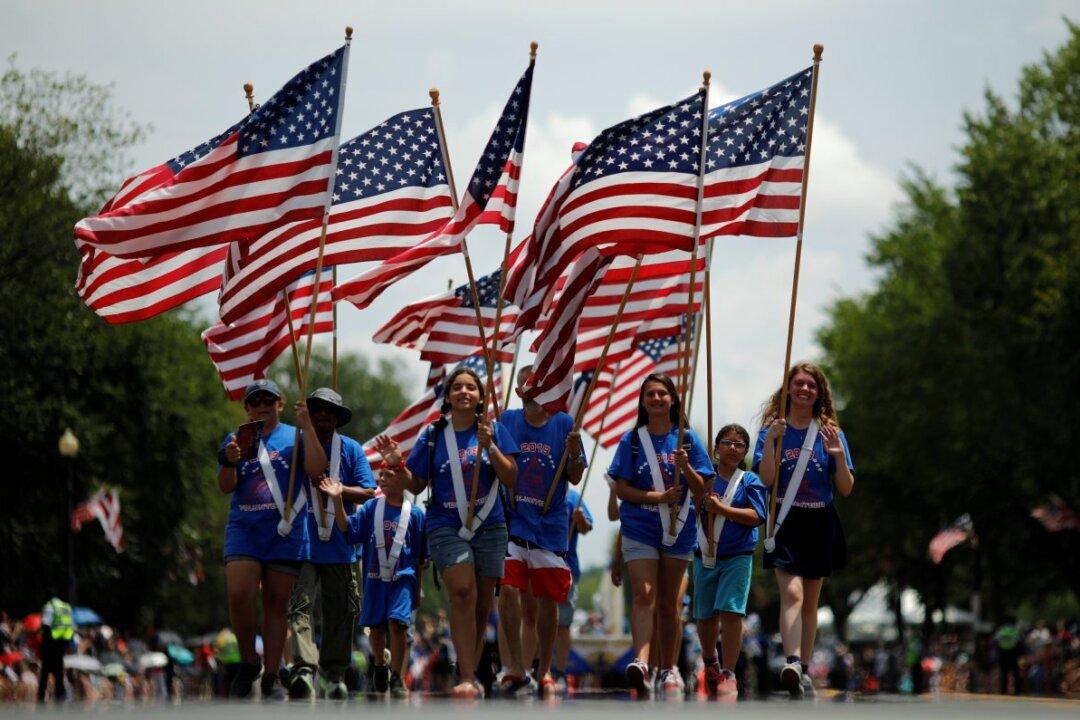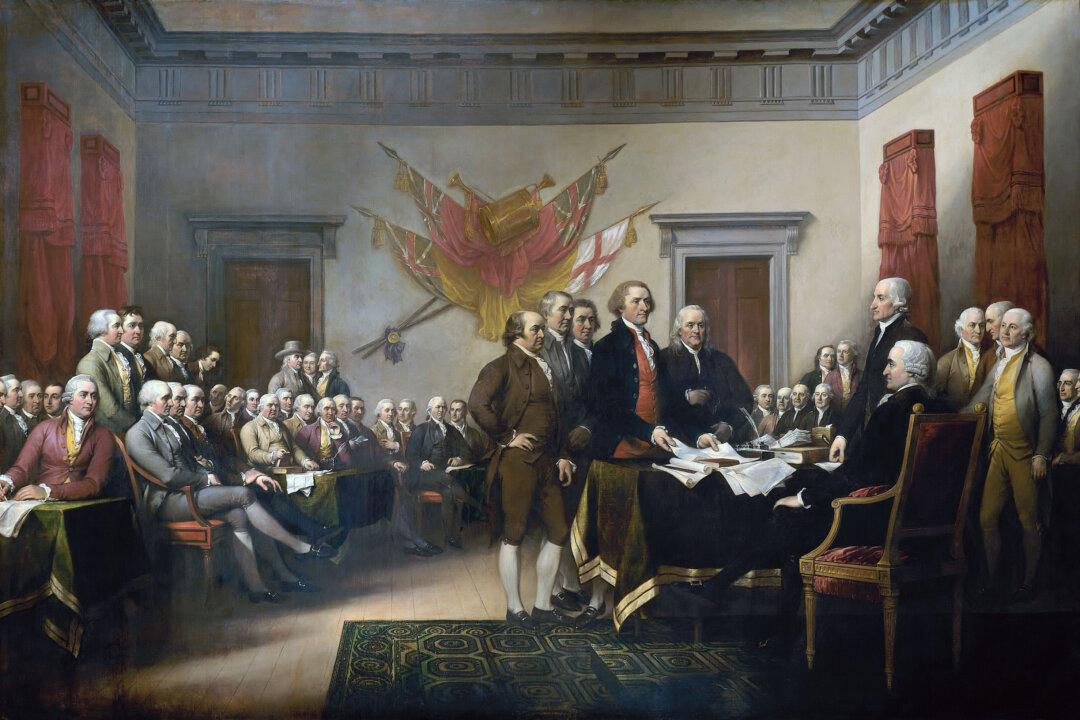Commentary
In 1984, President Ronald Reagan addressed the American athletes preparing to compete in the Los Angeles Olympic Games, telling them:
“I know I speak for all your fellow citizens—no matter what political persuasion, no matter what race or religion, no matter if poor, middle class, or affluent—when I tell you that you are our team. And each and every one of you, well, we’re with you a hundred percent.”That year, the Americans won 174 medals, with 83 of those being gold. The spirit of unity based upon our shared identity as Americans caused us to rally around the flag as one people—one nation—united in our shared heritage of liberty and freedom.
